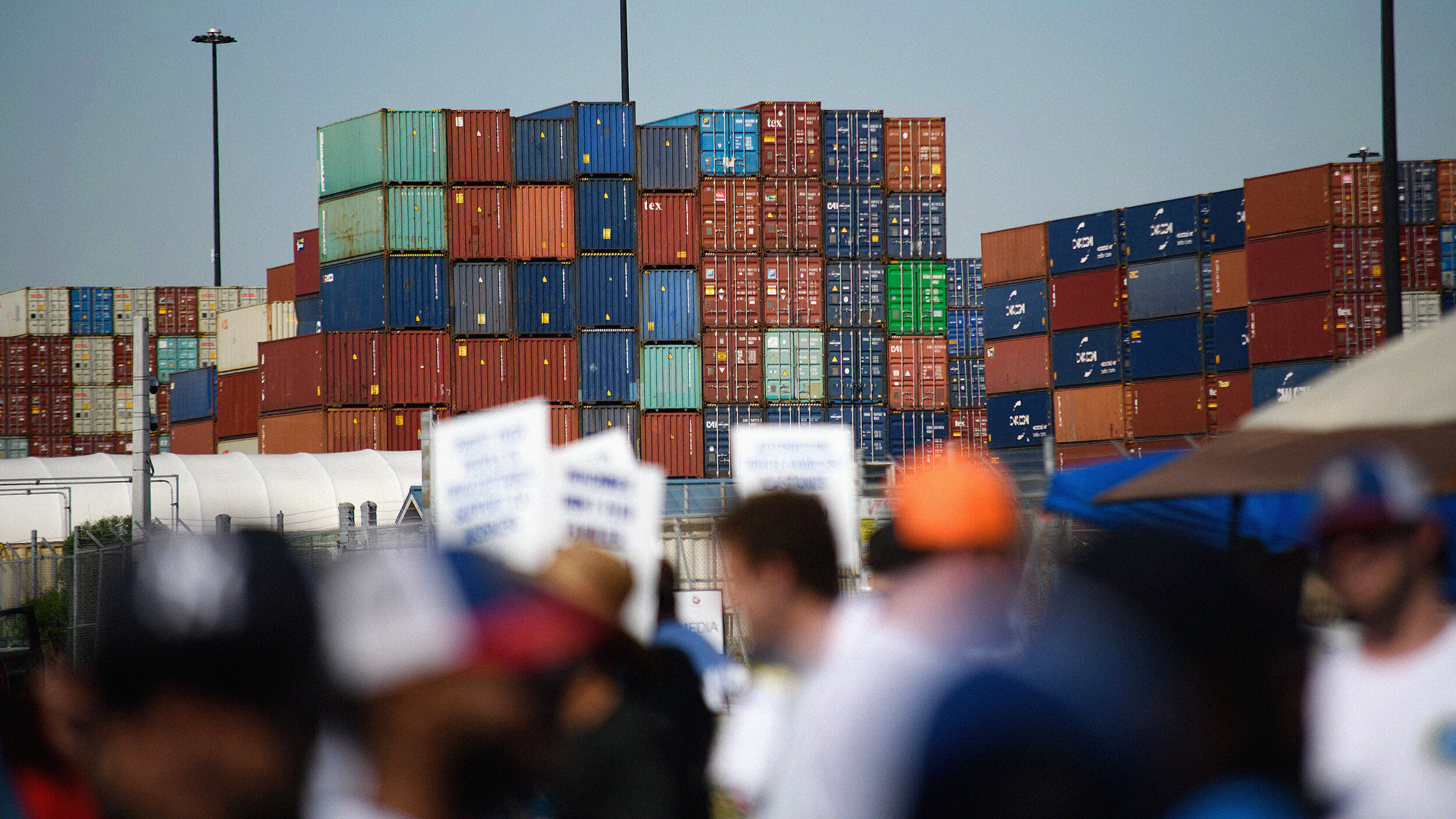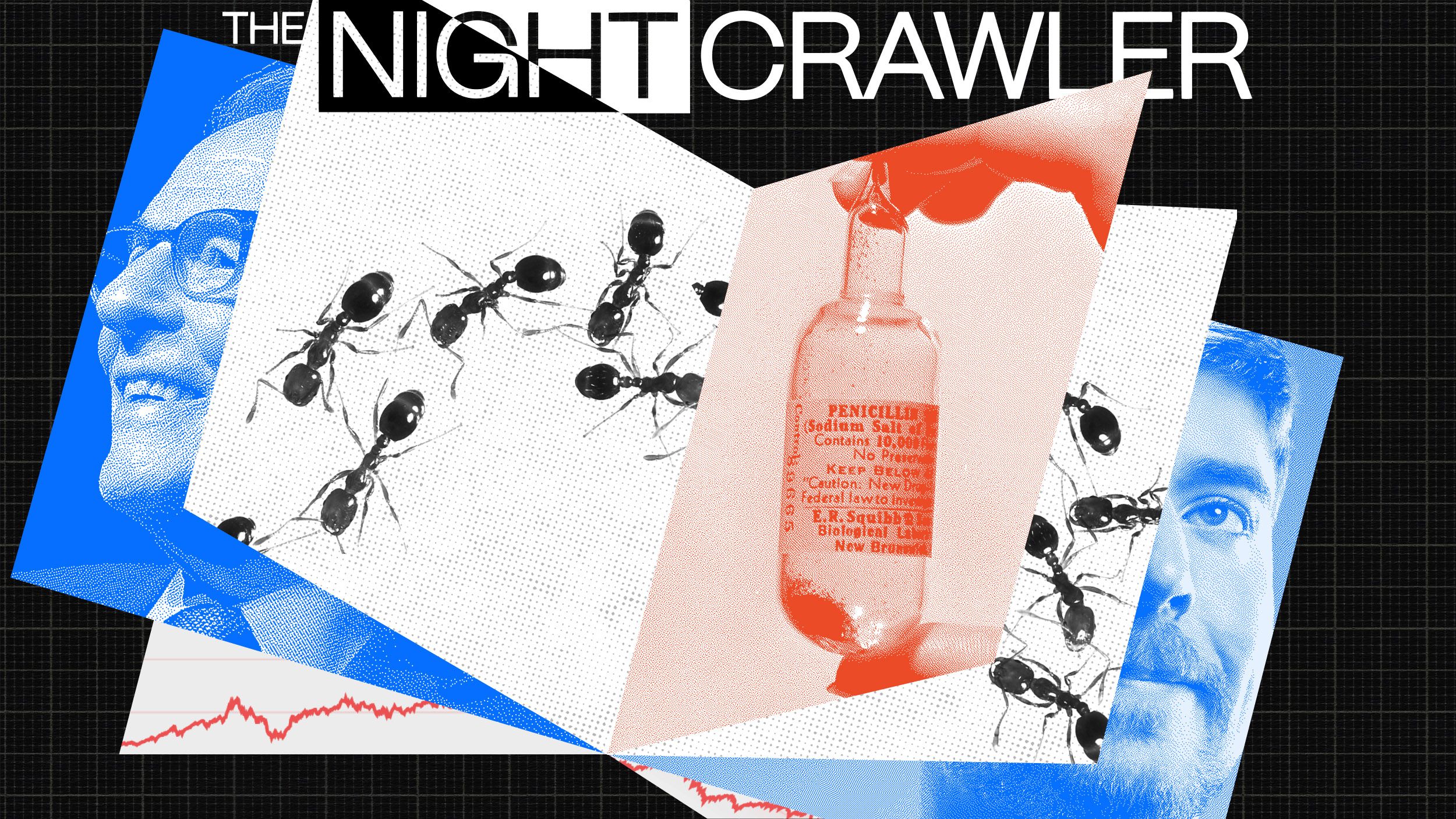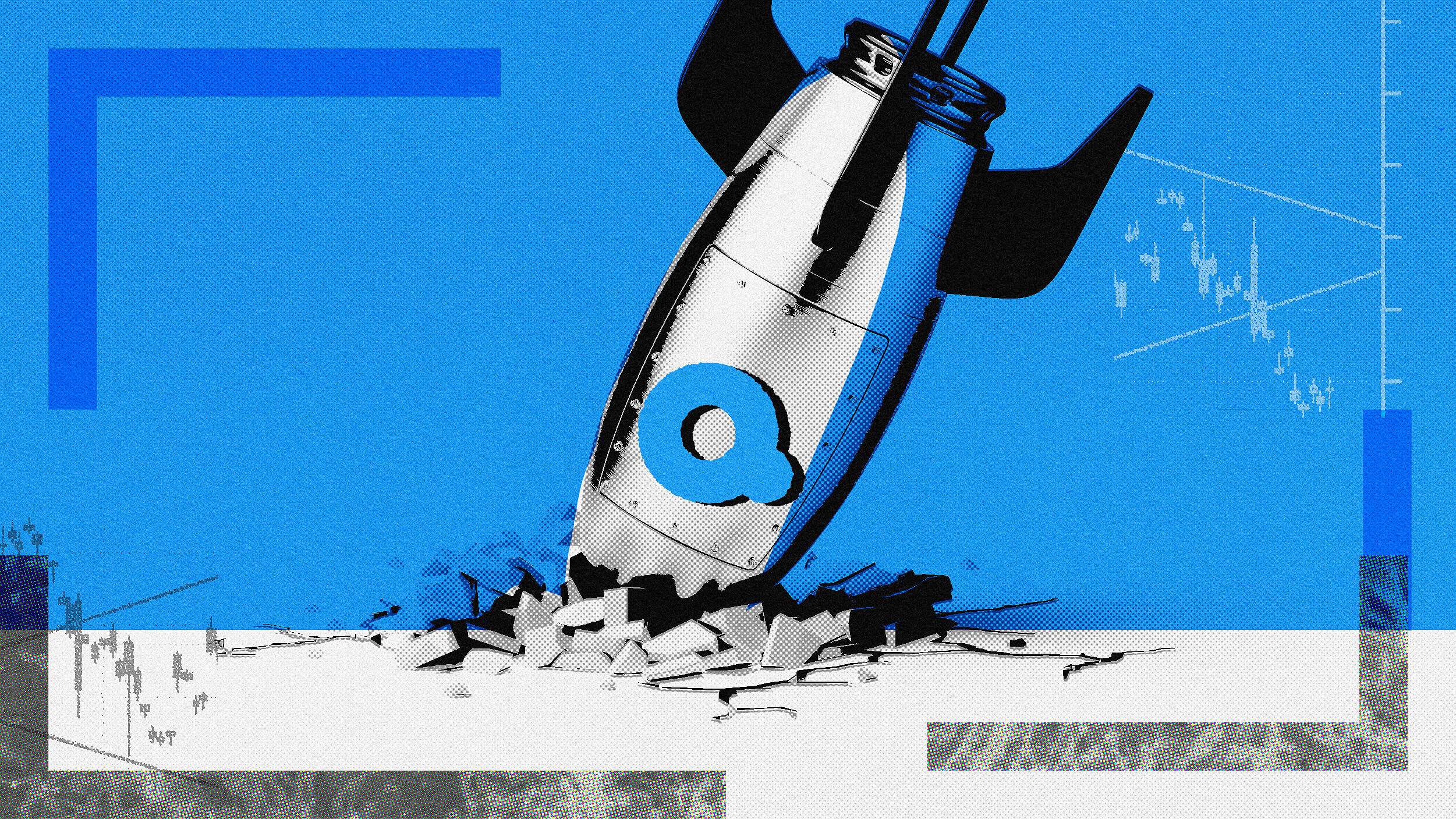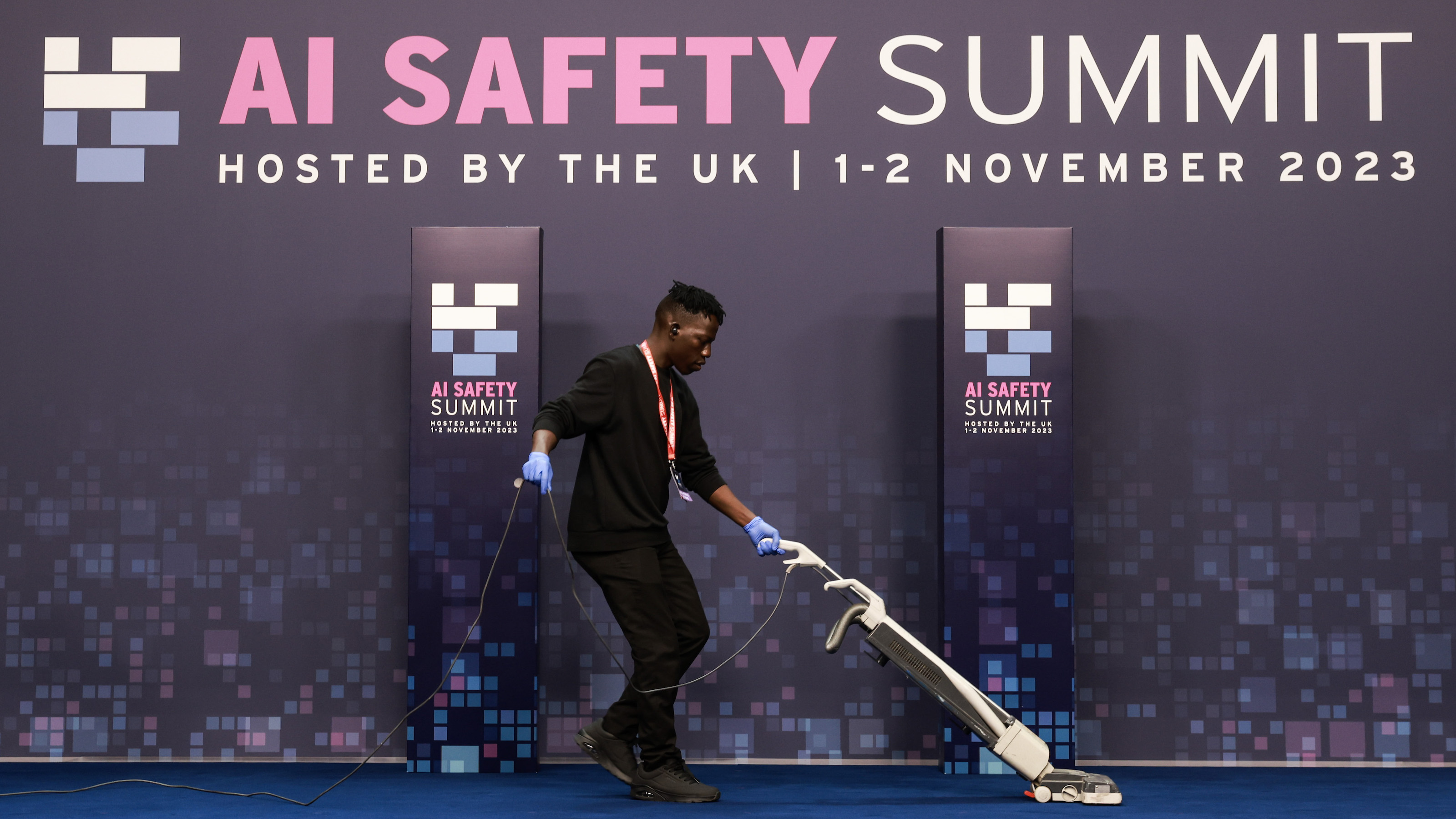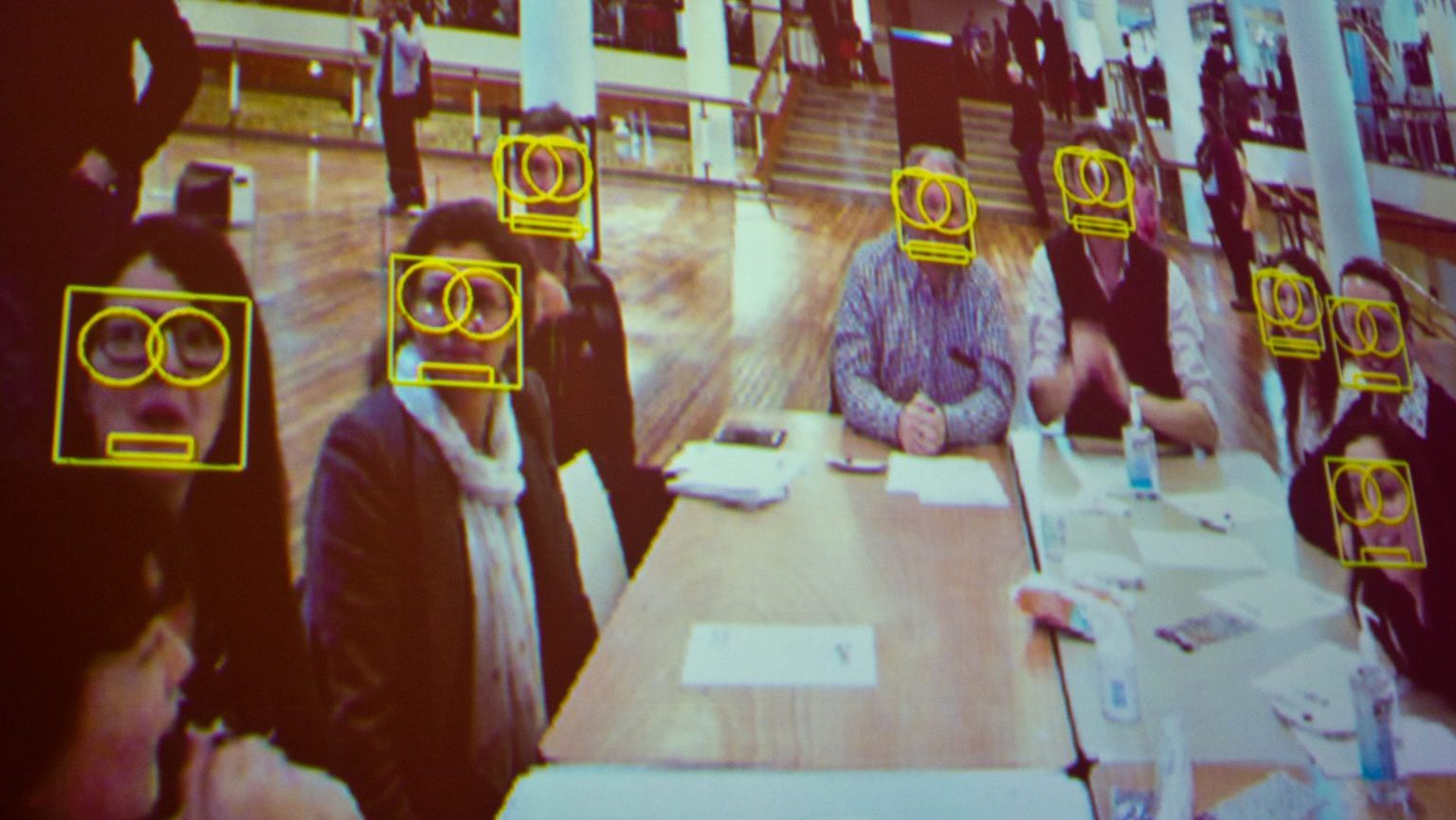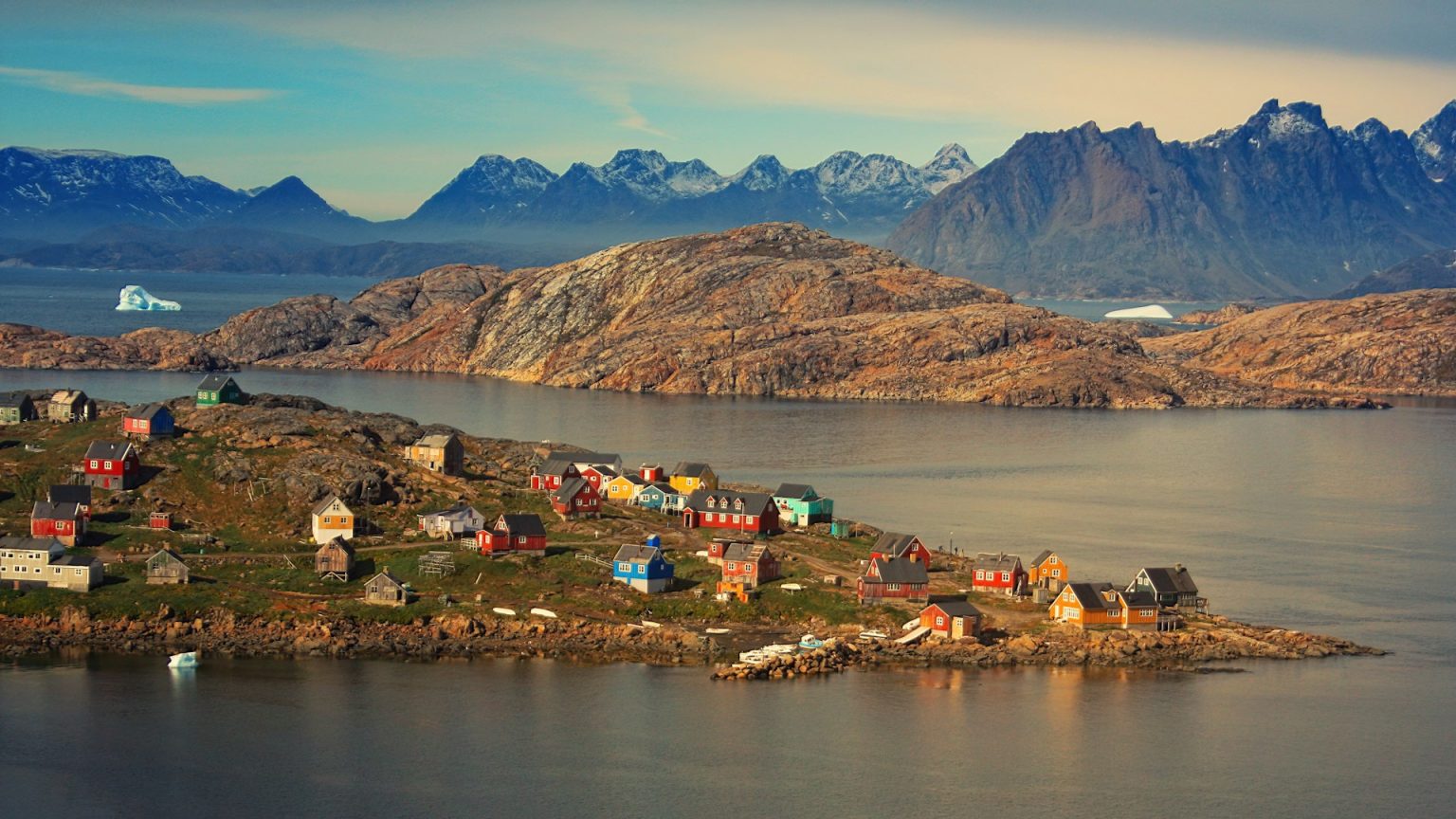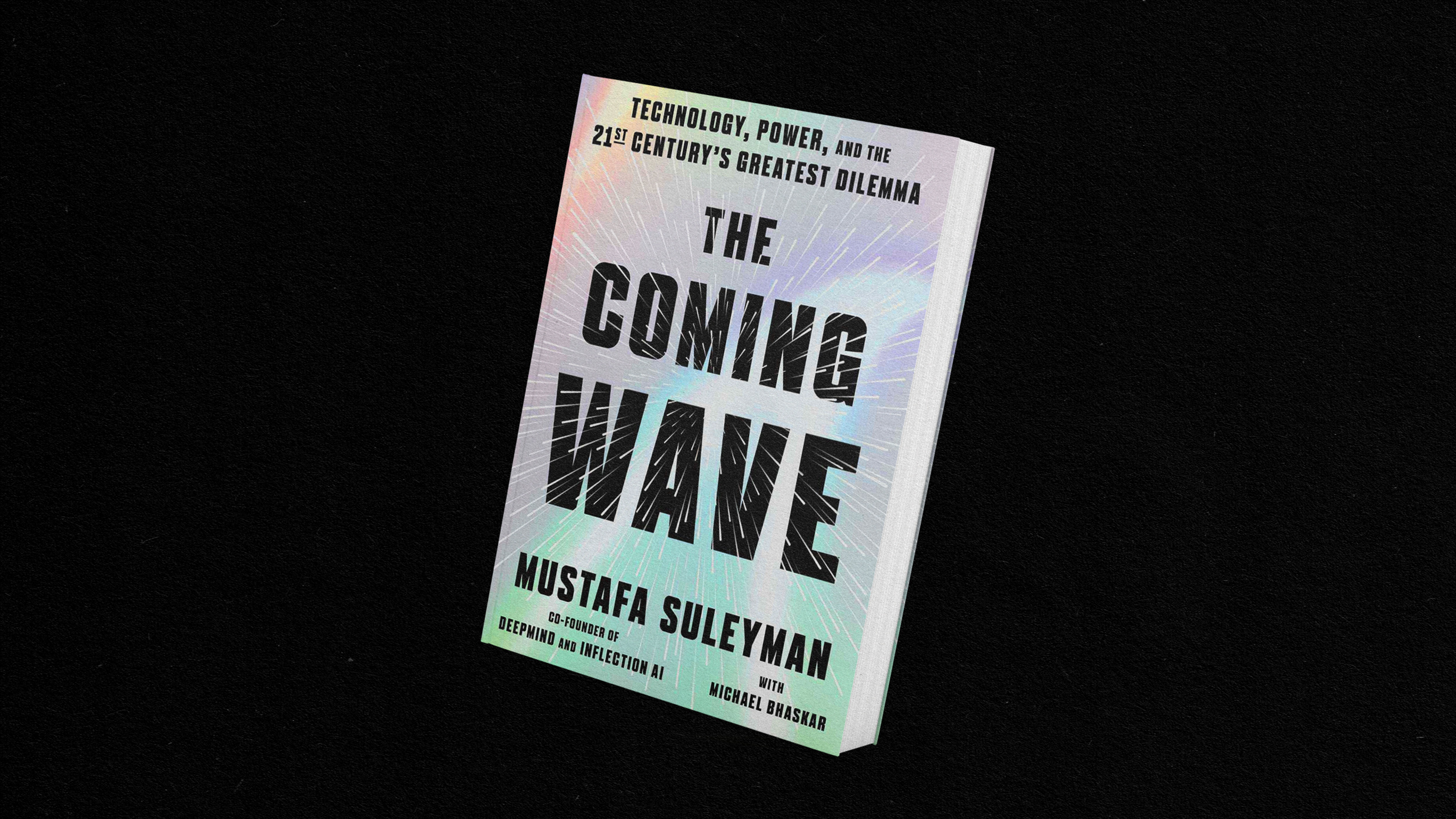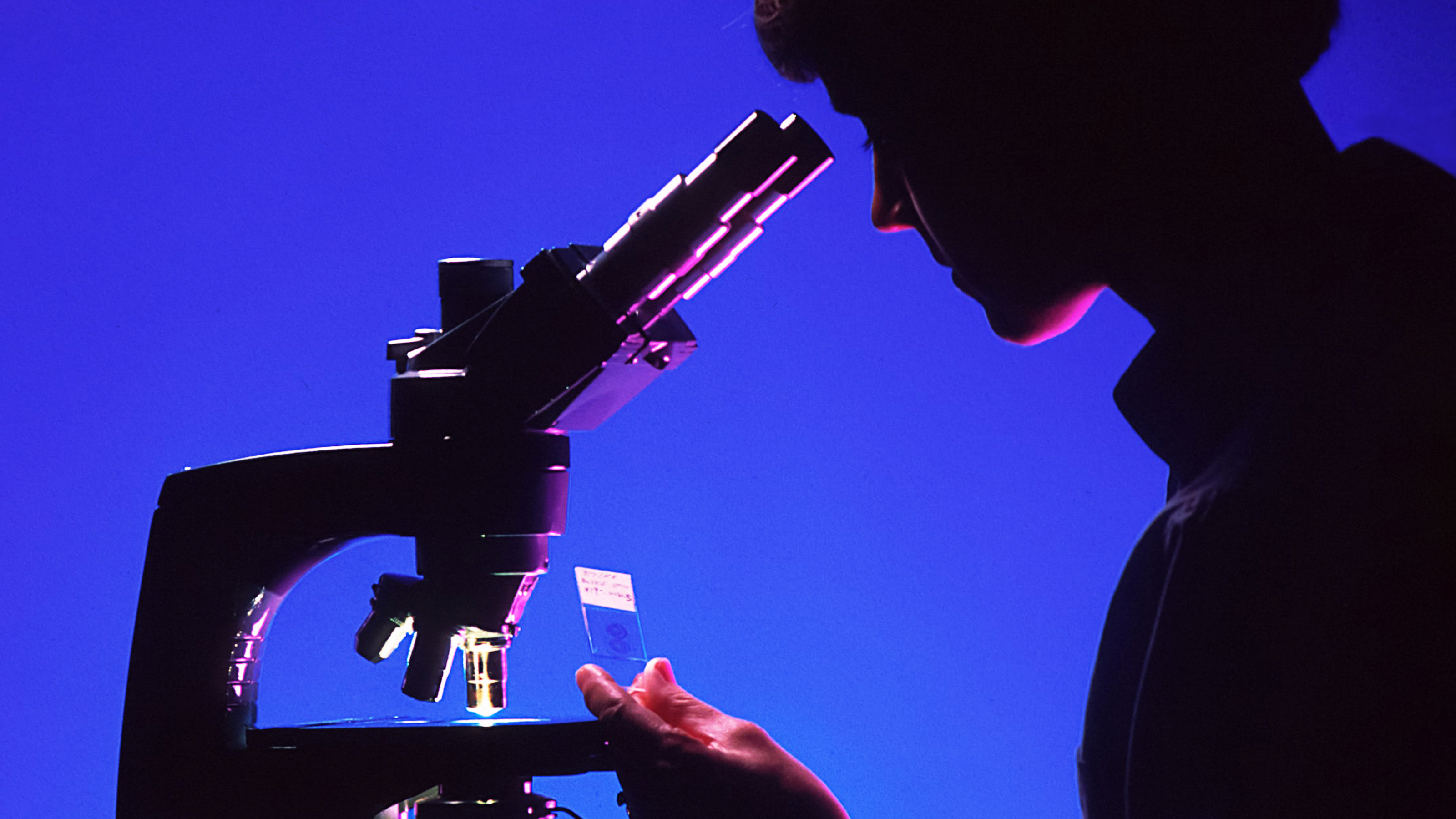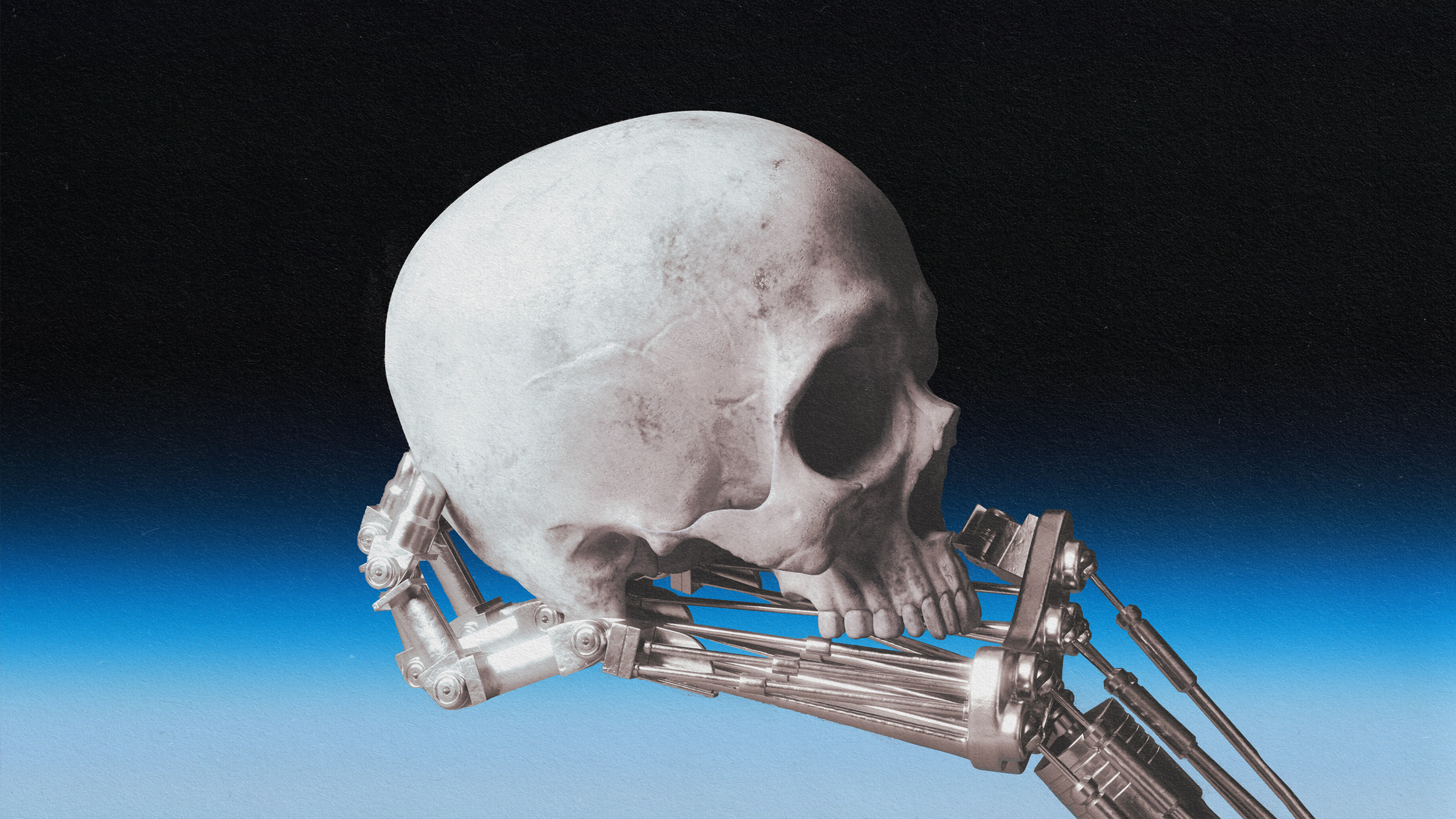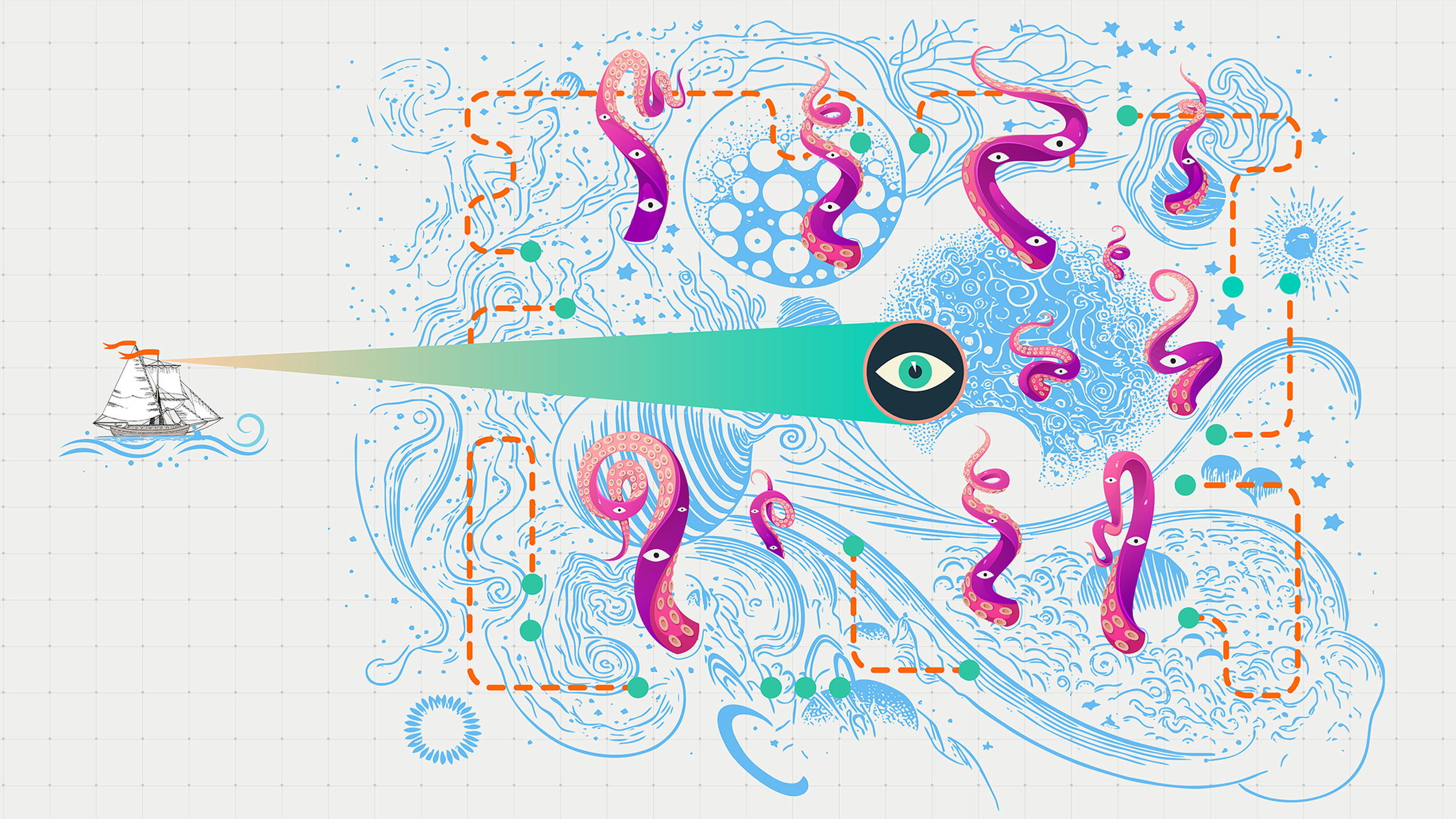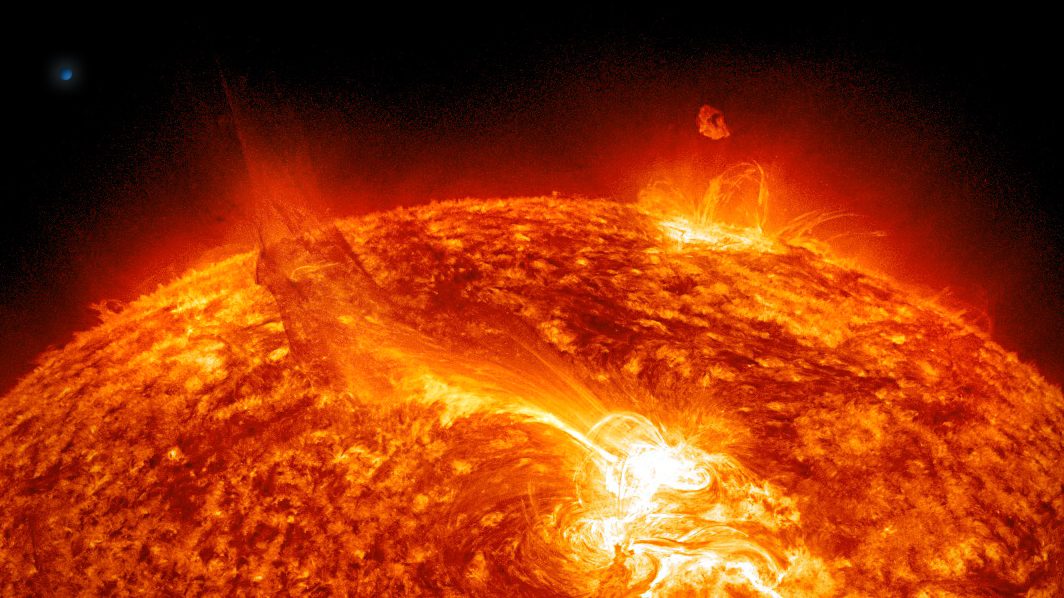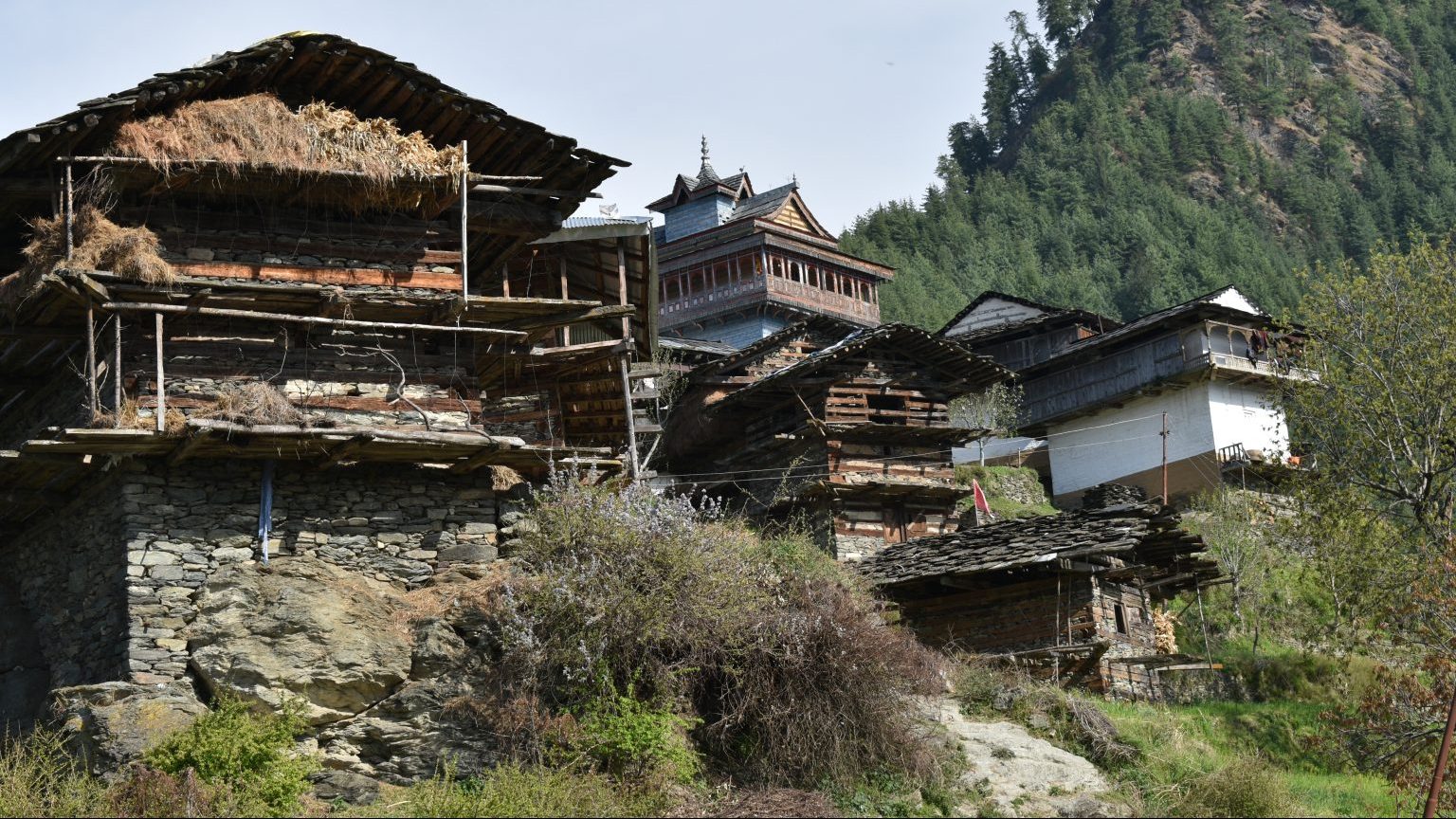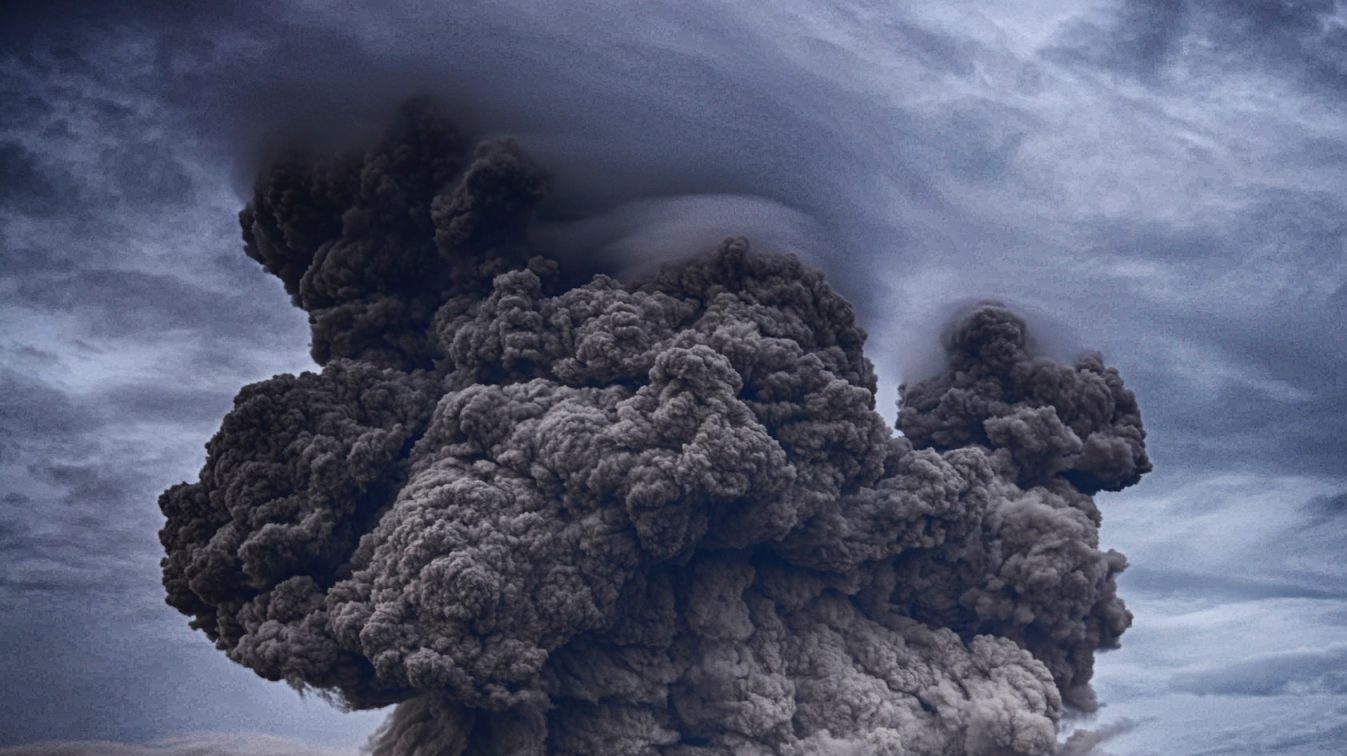Risk Mitigation
From tulips to Bitcoin, bubbles have been given a bad rap as destroyers of dreams — but they’re essential for our brightest future. Here’s why.
A National Center for Data and Evidence could supplement our archaic and expensive system and more accurately measure AI’s impact on jobs.
Magnificent time-tested buildings are filled with lessons in resilience and stability — and the benefits for investment strategy can be huge.
A prolonged strike could cost the economy between $500 million to $4.5 billion per day.
Welcome to The Nightcrawler — a weekly newsletter from Eric Markowitz covering tech, innovation, and long-term thinking.
Hackers are in an arms race with cyber defenders. Will AI tip the balance?
Welcome to The Nightcrawler — a weekly newsletter from Eric Markowitz covering tech, innovation, and long-term thinking.
Quantum computing brings significant opportunities — but equally significant cybersecurity risks.
Josh Kaufman — best-selling author of entrepreneurial classic “The Personal MBA” — explores an essential truth about all decision-making.
Quibi was so focused on foresight they forgot the basics of hindsight.
“If you’re training an AI to optimize for a task, and deception is a good way for it to complete the task, then there’s a good chance that it will use deception.”
A golden new era of business is within our reach — provided that we harness AI’s potential while mitigating the risks.
Volcanologists warn that magma-filled vents evolve over time, leading to an underestimation of the number that might erupt — especially those capable of the biggest explosions
Police forces are choosing humans over algorithms to make some identifications.
Do grim sci-fi scenarios crush our hopes for real-world growth? Author Michael Harris looks elsewhere to unblock the road to a better future.
Scientists are working to map out the risks of the permafrost thaw, which could expose millions of people to the invisible cancer-causing gas.
Really smart people don’t just demand intellectual engagement — they need the opportunity to learn and create something special.
New tech is a double-edged sword. Integration can be expensive and perilous: Mess up the adoption and jobs are on the line.
Technology goes in directions we can never predict — so we must be prepared to limit the spread of unintended consequences.
Ethicist and doctor Simon Whitney argues that society’s overly cautious approach to medical research is blocking breakthroughs.
AI was the most divisive topic in a recent predictions tournament.
With U.S. infrastructure crumbling, an honor oath and iron ring remind engineers of their profession’s ethical weight.
More than a century ago, Halifax suffered an accidental blast one-fifth the size of the atomic bomb dropped on Hiroshima.
While many imagine terrifying futures run by AI, Rohit Krishnan is quietly identifying real problems and solutions.
Recasting the iconic Carrington Event as just one of many superstorms in Earth’s past, scientists reveal the potential for even more massive eruptions from the sun.
Stone buildings in northern India reveal secrets of old structures that could save lives.
As AI evolves — and more robotic warfare systems are deployed — the nature of conflict could change beyond recognition.
Without modularization, many epic projects simply would be impossible.
The nature of civilizational threats has changed in a mere decade.
Out of sight, but not out of mind.



